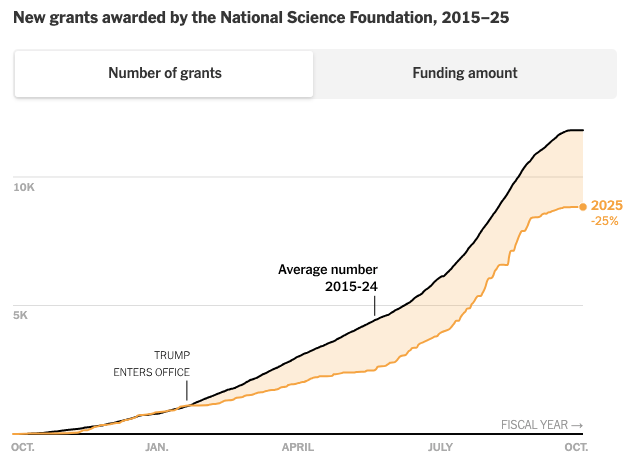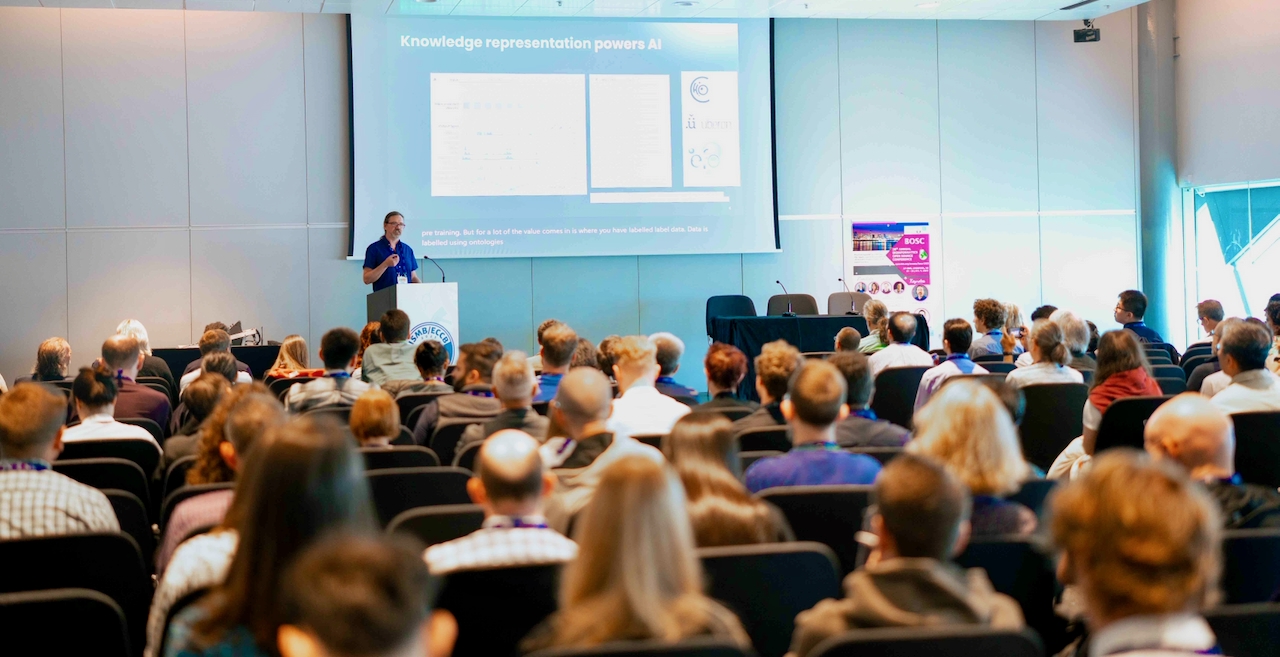Kürzlich erschien das Buch Traum Grenzuniversität. Texte und Kommentare aus drei Jahrzehnten zur Geschichte des Collegium Polonicum von Krzysztof Wojciechowski (Europa-Universität Viadrina) im Open Access. Die Veröffentlichung wurde durch den Publikationsfonds des Landes Brandenburg gefördert.
Postagens de Rogue Scholar

The African Population and Health Research Center (APHRC) is a leading Pan African research-to-policy institution dedicated to generating evidence, strengthening research capacity, and informing policy action across Africa.


I’m a music fan who is anti-streaming and instead I stubbornly maintain a large music collection. At this time of year, streamers receive a round-up of their year’s listening in a “wrapped” report.

ancestro (m.) [fr. medieval ancestre , del lat. antecessor , antepasado, predecesor]. 1. Testimonio del cual descienden, directa o indirectamente, uno o más testimonios. Puede sobrevivir o tratarse de un testimonio hipotético;
The post Infrastructuring Books Together: Notes from the ‘Collective Infrastructures for Publishing’ Event appeared first on Copim.

R updates (R Data Scientist, R+AI conference, RWeekly, rOpenSci), Posit open source investments, AI in academia, science, biology, and labor, science funding cuts, bedder bedtools, many new papers
I am pleased to share a new preprint that has just been posted on arXiv: “Who Owns the Knowledge? Copyright, GenAI, and the Future of Academic Publishing.” The text grew from my contribution to the 20th International Conference on Scientometrics & Informetrics and is now substantially expanded, both in terms of legal analysis and policy implications.
International law has an incredible potential to be the vehicle through which global transgender liberation is realized. In this reflective blog, Paxton McCausland argues that international law is already being used to improve the quality of life for transgender peoples across the world.

Ha ha, I lied. Book Week will continue until morale improves. Mike has made the point to me more than once that there are papers I could and probably should write, but haven’t, because they’re things that I just assume everyone else knows.

BOSC 2026 is planned for July 14-15, 2026, as part of ISMB 2026 in Washington, DC. We invite our community to nominate potential keynote speakers who would be of interest to our community. You may submit as many nominations as you wish. The form may be filled out multiple times. Please submit nominations by December 15, 2025 . Why this matters Keynote talks are always a highlight at BOSC.